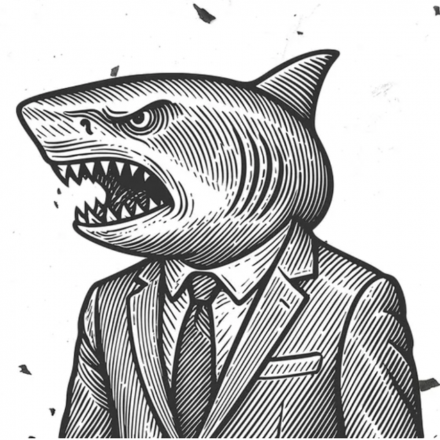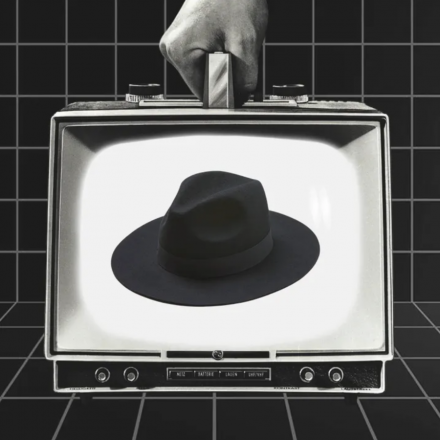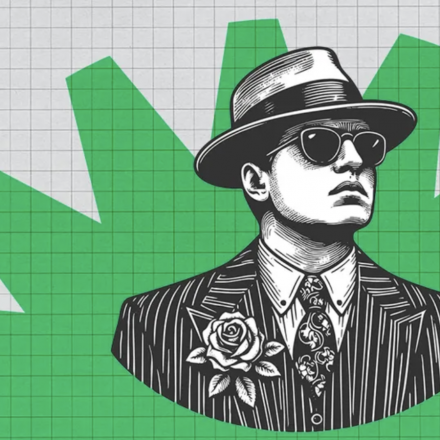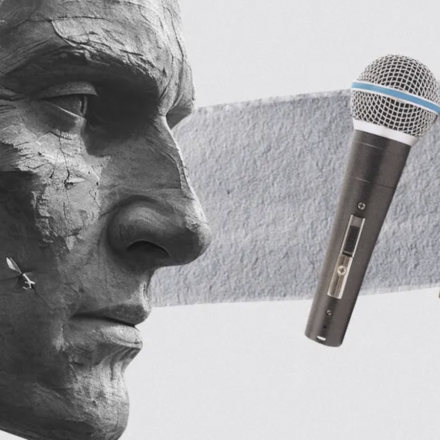Imagine a world where every person is just a reflection. Life may seem to be bustling around, people smiling and talking, but for a narcissist, it’s all just props. Why see others as people when you can use them as tools to build your own perfect image?
Who is a narcissist?
A narcissist doesn’t just love themselves—they live in a world where no one else has real value. They don’t feel the need for another person because, to them, "others" aren’t unique individuals but self-objects. What does this mean?
A self-object isn’t a person—it’s a function. A beautiful partner? Not love, but a way to showcase success. A smart child? A tool to prove superiority. People around a narcissist are like gadgets—useful for their benefit.
Why does a narcissist need "others"?
A narcissist surrounds themselves with "reflective surfaces." They idealize someone to make themselves look better. They humiliate another to feel superior. They delegate tough decisions to their "dark side," staying pristine themselves. All of this helps the narcissist maintain a comfortable worldview where they are always the main character.
But here’s the problem: the moment they notice a crack in their "perfect mirror"—a flaw, an imperfection—it becomes worthless. Devaluation happens instantly. Why keep someone who no longer reflects their ideal?
How are we different?
All of us have used others for our needs at some point. That’s normal. But a non-narcissistic person can see the humanity in others, their uniqueness, even if it’s "not useful." They can be in love while noticing their partner’s imperfections. They can accept someone else’s desires, even if they don’t align with their own.
For a narcissist, this is impossible. They can’t understand why someone else’s dreams, talents, or desires matter if they’re not for them.
Can a narcissist change?
The paradox is that a narcissist is never truly acquainted with themselves. They’re afraid to look inward because all they’ll find is emptiness. And to improve, they’d first have to acknowledge their own weaknesses.
But as long as they see people as mirrors, the world will remain a cold gallery of reflections.
The lesson for all of us? Don’t turn those around you into tools. See them for who they are, not just who they are to you. Because true closeness starts when we see others as people.


















